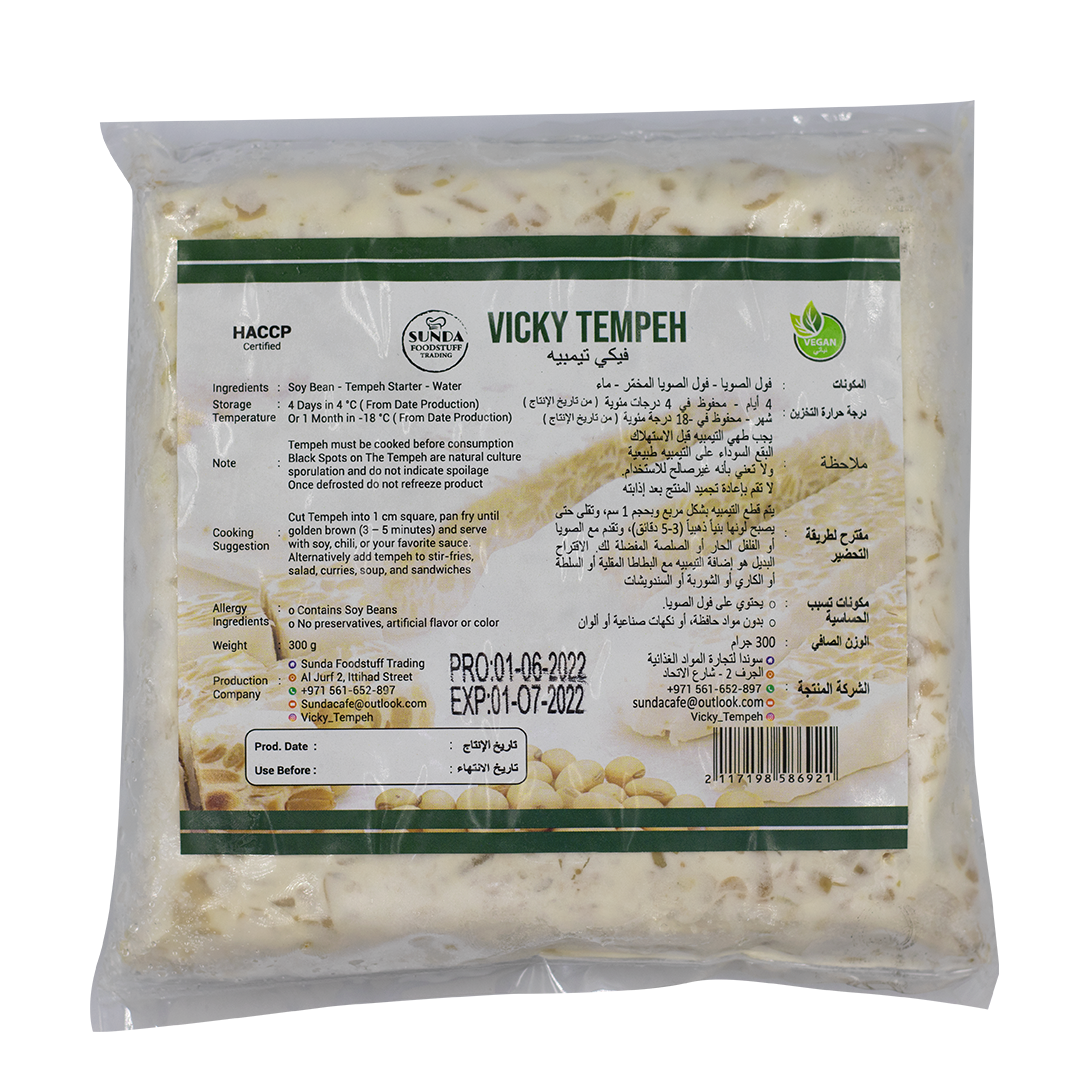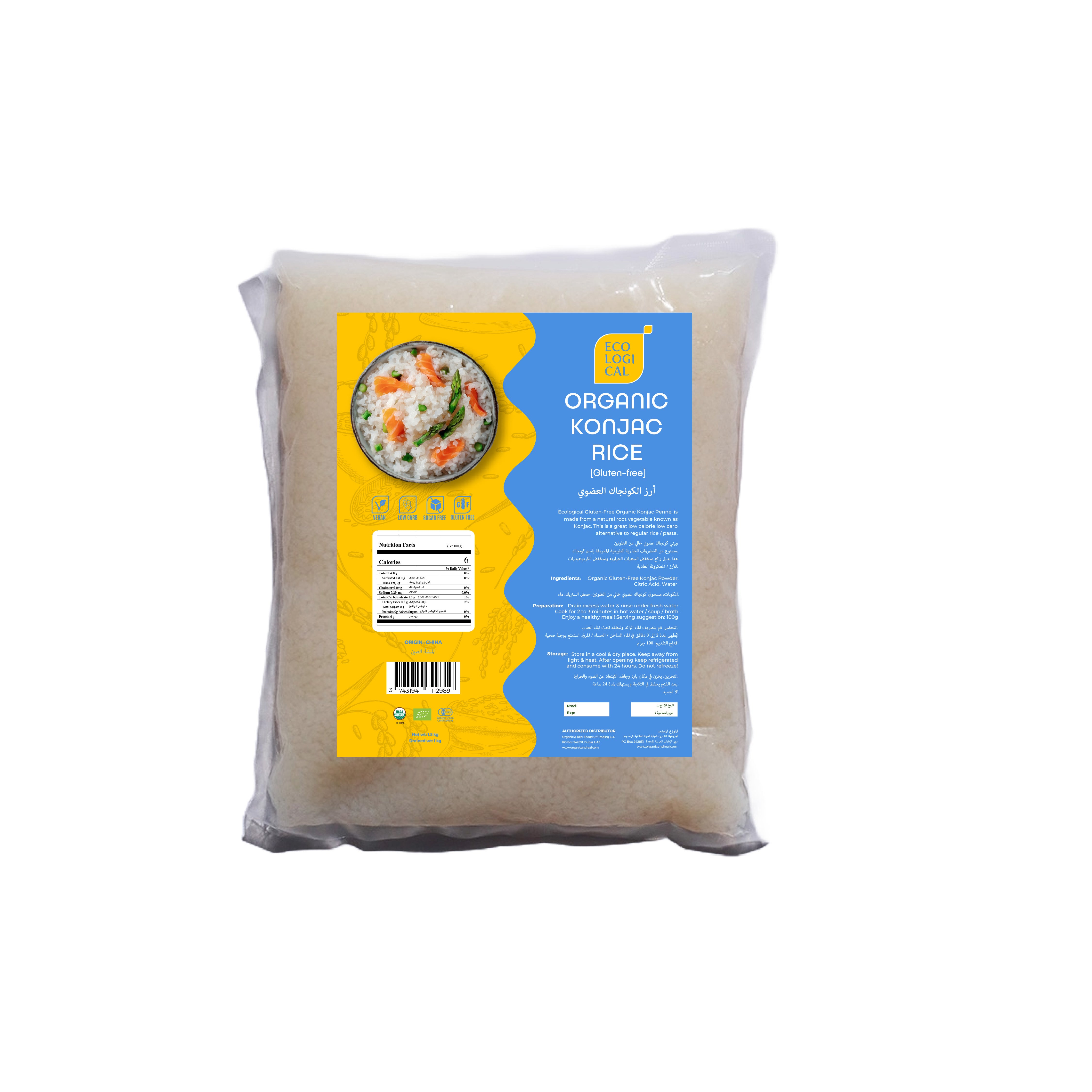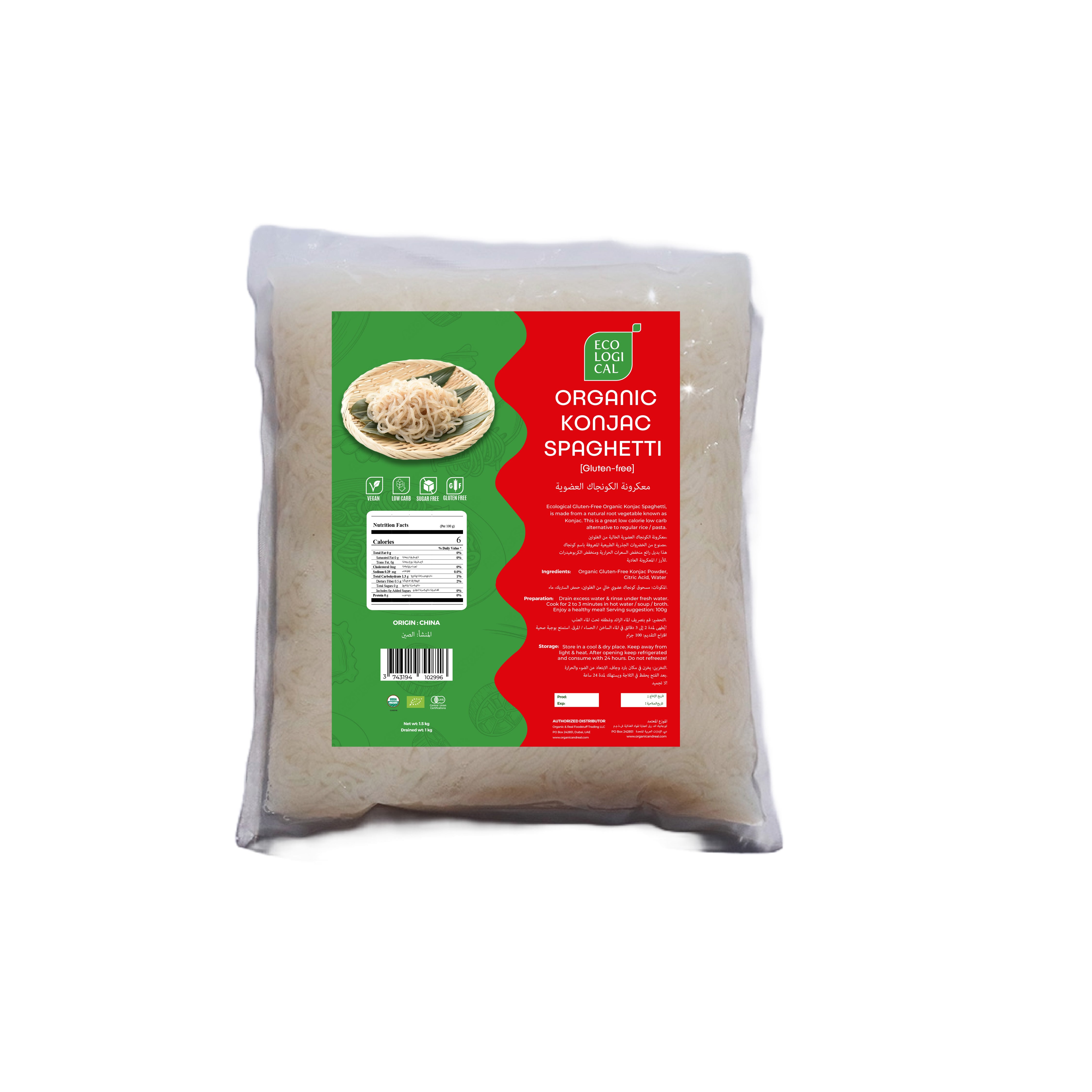In our fast-paced lives, it's easy to rush through meals without truly savoring the experience. Mindful eating is a practice that encourages us to be present, appreciating each bite, and fostering a deeper connection with our food. Let's delve into the concept of mindful eating and explore how it can positively impact our overall health and well-being.
Understanding Mindful Eating: Mindful eating is more than just paying attention to what's on your plate. It involves being fully present, engaging all your senses, and cultivating a non-judgmental awareness of your thoughts and feelings about food. This practice not only enhances the enjoyment of meals but also contributes to improved digestion, reduced stress, and a healthier relationship with food.
Benefits of Mindful Eating:
Improved Digestion: Being mindful during meals aids in better digestion by allowing your body to fully engage with the process of breaking down and absorbing nutrients.
Weight Management: Mindful eating has been linked to healthier weight management as it promotes a conscious awareness of hunger and fullness cues, reducing the likelihood of overeating.
Reduced Stress: Taking the time to savor your food and focus on the present moment can lower stress levels and contribute to a more relaxed dining experience.
Enhanced Satisfaction: Mindful eating often leads to increased satisfaction with meals, as you become more attuned to the flavors and textures of the food you're consuming.
Tips for Incorporating Mindfulness into Meals:
Engage Your Senses: Before taking a bite, take a moment to appreciate the colors, textures, and aromas of your food. Engaging your senses enhances the overall dining experience.
Eat Without Distractions: Turn off the TV, put away your phone, and create a dedicated space for meals. Eating without distractions allows you to focus on the flavors and helps prevent overeating.
Chew Slowly and Thoroughly: Savor each bite by chewing slowly and thoroughly. This not only aids in digestion but also allows you to fully experience the taste and texture of your food.
Listen to Your Body: Pay attention to your body's hunger and fullness cues. Eat when you're hungry, and stop when you're satisfied. Avoid the urge to eat out of boredom or stress.
Express Gratitude: Take a moment before your meal to express gratitude for the food in front of you. Acknowledge the effort that went into its preparation and the nourishment it provides.
Mindful Eating Foods:

Fresh Fruits and Vegetables: Enjoy the vibrant colors and natural flavors of fresh fruits and vegetables. These foods are not only nutritious but also provide a sensory-rich experience.
Whole Grains: Choose whole grains like quinoa, brown rice, or oats. The chewiness and earthy flavors of whole grains can be truly satisfying.
Nuts and Seeds: Nuts and seeds offer a crunchy texture and a wealth of nutrients. Practice mindful eating by appreciating the natural crunch and flavors of almonds, walnuts, or sunflower seeds.
Dark Chocolate: Indulge in a piece of high-quality Keto dark chocolate. Allow it to melt slowly in your mouth, savoring the rich flavors.
Herbal Teas: organic and real herbal teas Enjoy a cup of herbal tea without added distractions. Feel the warmth of the tea, inhale the aroma, and savor each sip.
incorporating mindful eating practices into your daily life can transform the way you experience food. By savoring each bite and being fully present during meals, you not only nourish your body but also cultivate a deeper connection with the act of eating itself. Embrace the journey towards mindful eating and relish in the countless benefits it brings to your overall health and well-being.







































